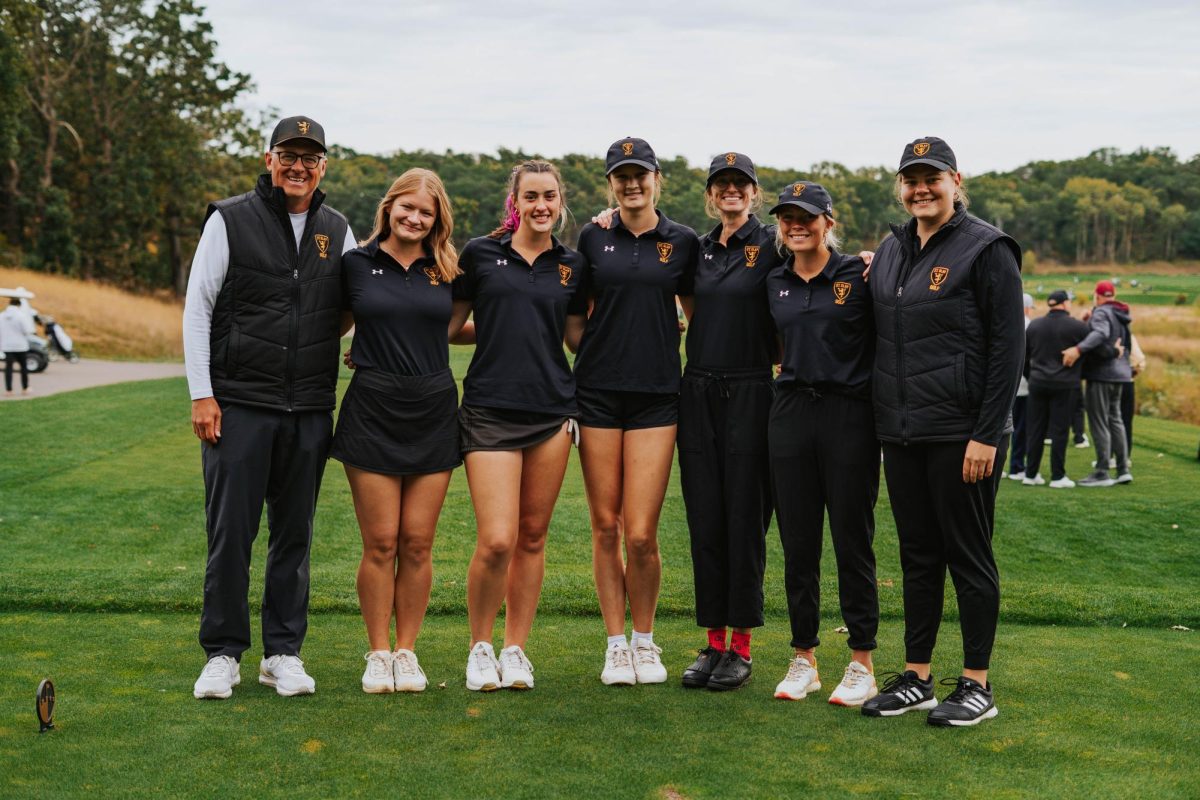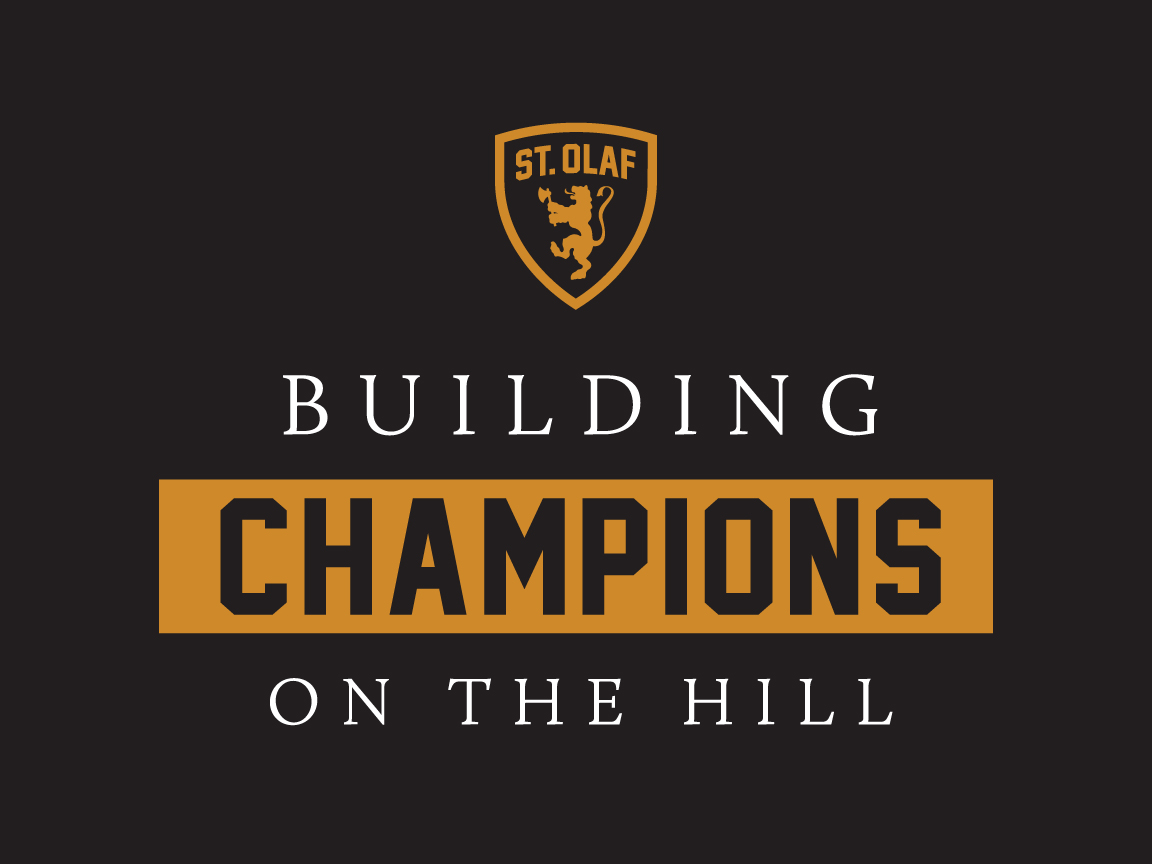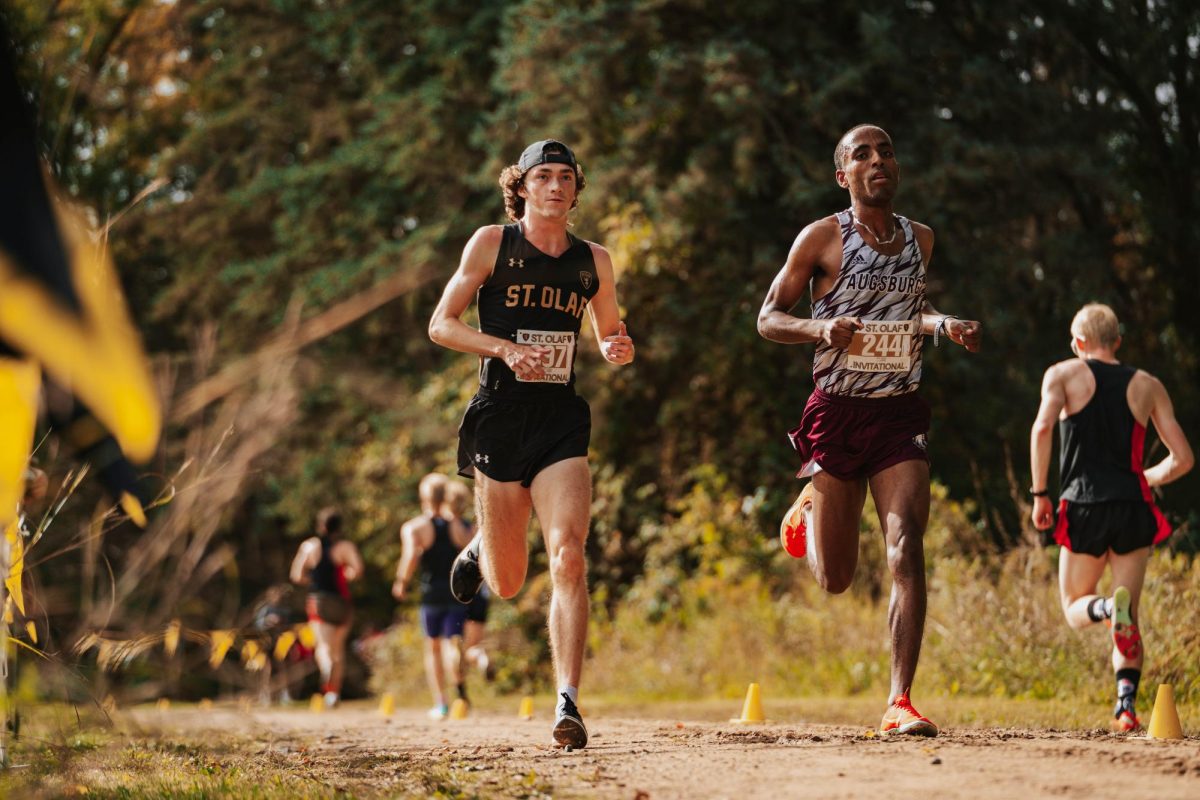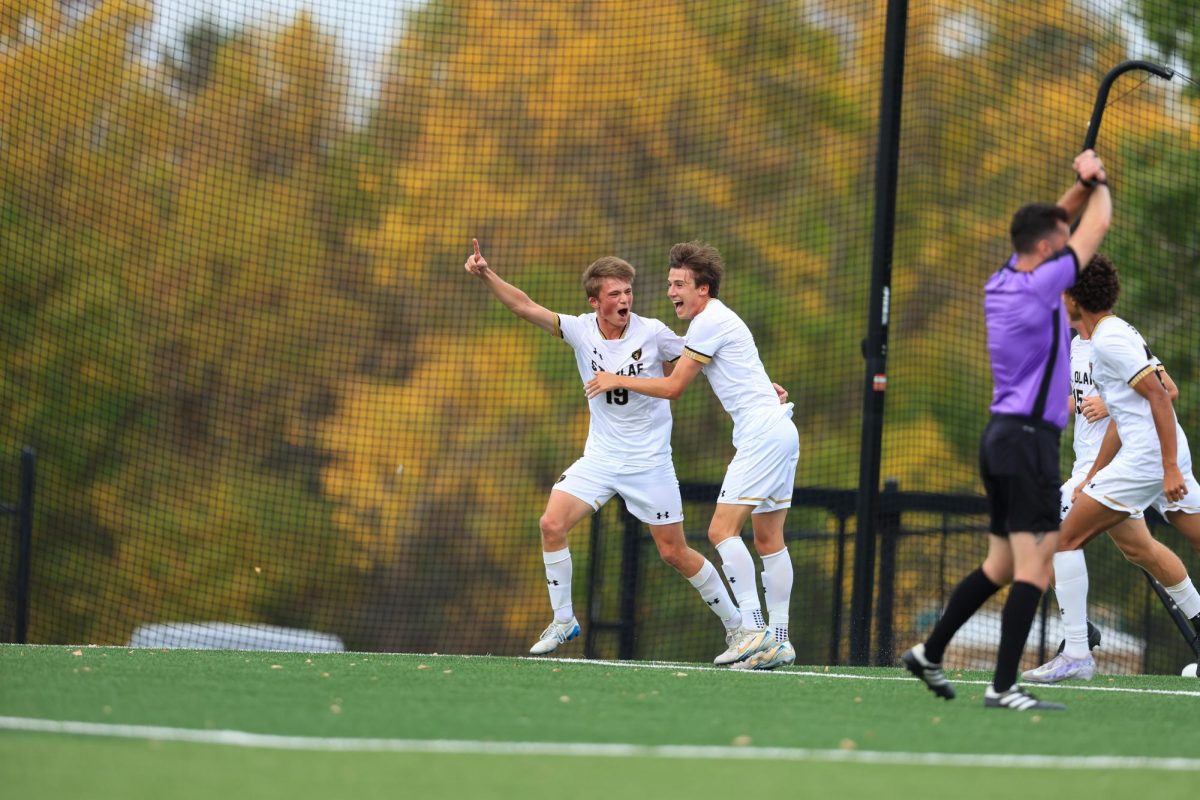After cementing himself as “the fastest man alive,” Noah Lyles celebrated his 100-meter dash gold medal at the 2024 Paris Olympics in style. Draped in an American flag, Lyles replicated the “Kamehameha,” Goku’s signature technique in the popular anime series “Dragon Ball Z.” Lyles’ affection for anime, however, is not unique among professional athletes.
Anime has taken the sports world by storm. Tottenham Hotspur striker Dominic Solanke frequently performs anime-inspired goal celebrations, UFC superstar Israel Adesanya’s nickname, “The Last Stylebender,” is a reference to “Avatar: The Last Airbender,” and New Orleans Saints running back Jamaal Williams is practically a human billboard for the genre. But, why is this?
Simply put, athletes just like anime. As more attention is paid to professional athletes, whether it be their social media activity or performances, self-expression among athletes has increased. Naturally, this empowerment of expression allows athletes to be more comfortable with authentically sharing their interests, including anime. When players wear anime-themed clothing to press conferences, or discuss binge-watching “One Punch Man” to reporters, it’s a reminder that these athletes are human and have interests outside of their sport. Further, athletes’ interest in anime challenges stereotypes associated with anime, such as its enjoyers being “socially awkward.” Seeing Miles Garrett, a six foot, 270-pound demigod-like football player, promote anime is a reminder that it’s a genre for everybody, including those you might not expect.
Athletes can also relate to anime on a deeper level. A common theme of anime is characters going through immense struggle and hardship to achieve something. These principles apply to athletes, many of whom dedicate themselves to their aspirations of reaching the pinnacle of their sport. For most, such aspirations require sacrifice, dedication, and a relentless — and often thankless — pursuit of their goals. This lifestyle can be isolating for athletes, who often find themselves without people who understand what they go through. Yet anime depicts this struggle. Anime gives players outlets to connect with something that understands them without needing to seek out other people. So when an athlete watches “Attack on Titan” on a plane ride following a game, they’re doing more than watching a favorite TV show, they’re building a connection.
Amid the isolation and rigor of being an athlete, anime enables expression and connection, something we should all celebrate.





